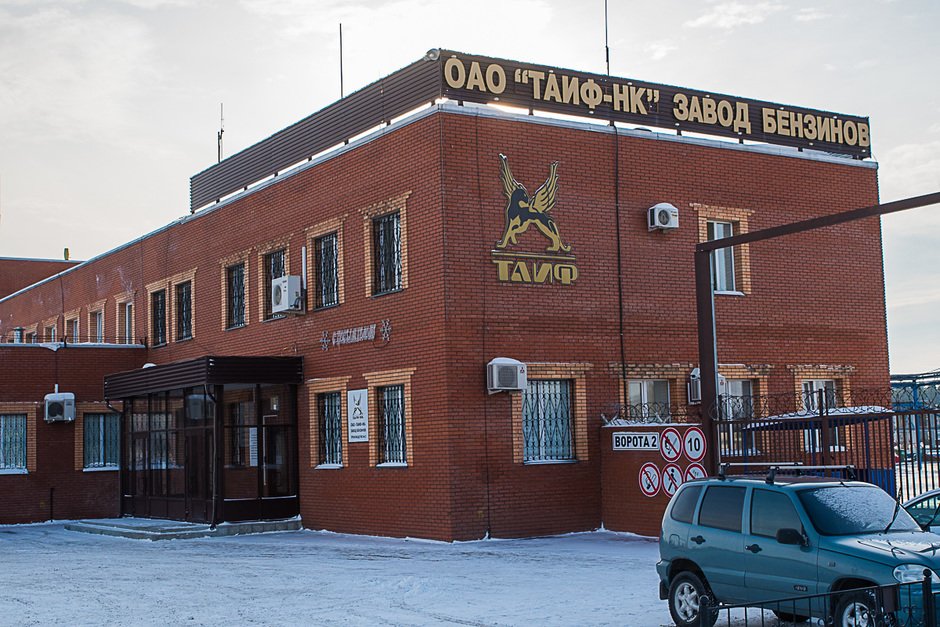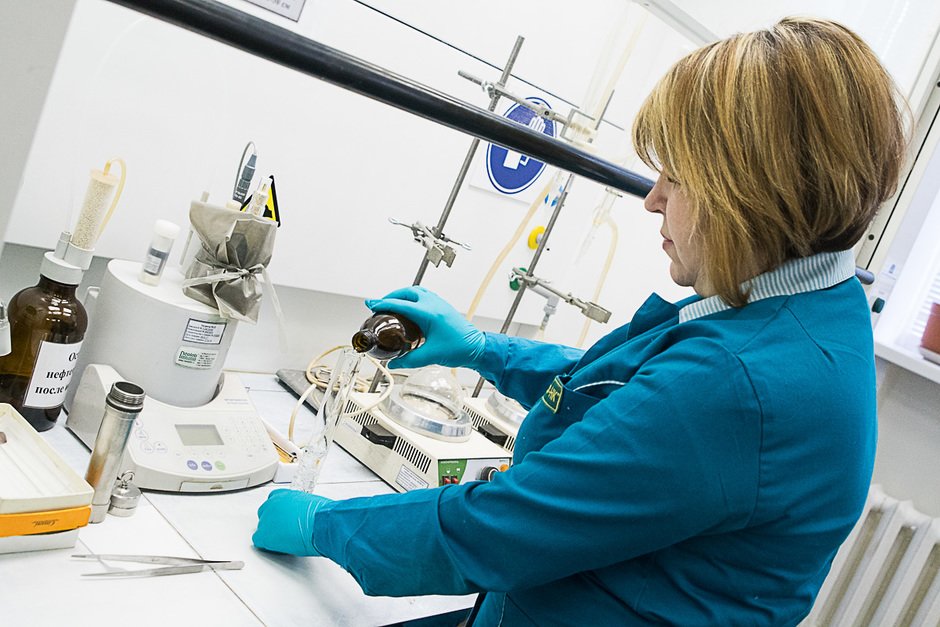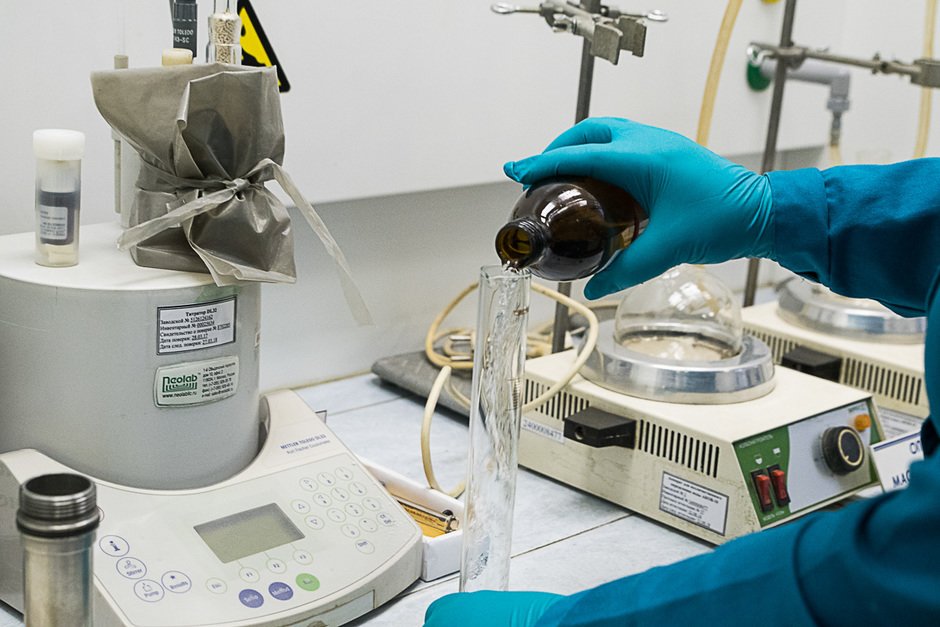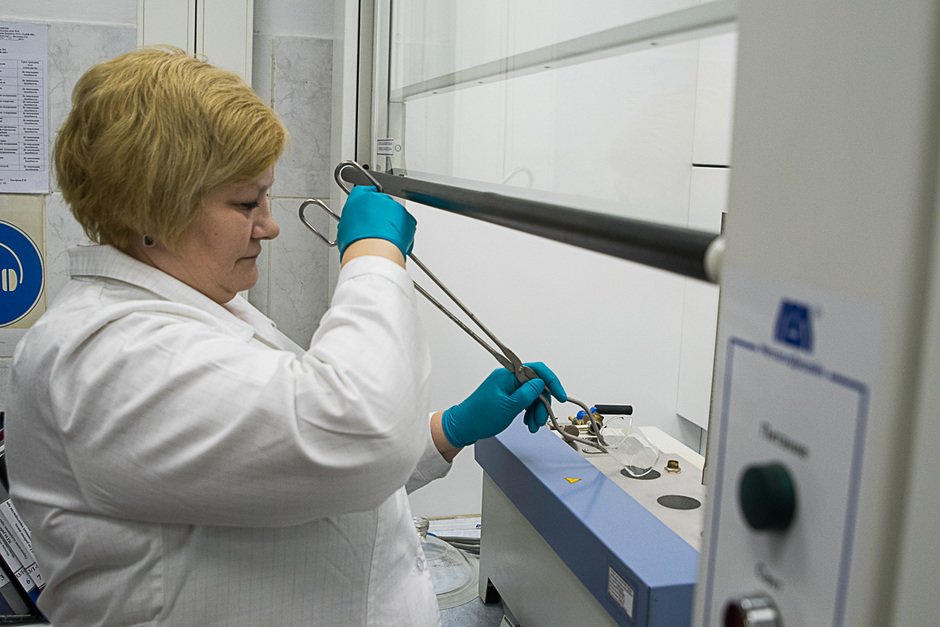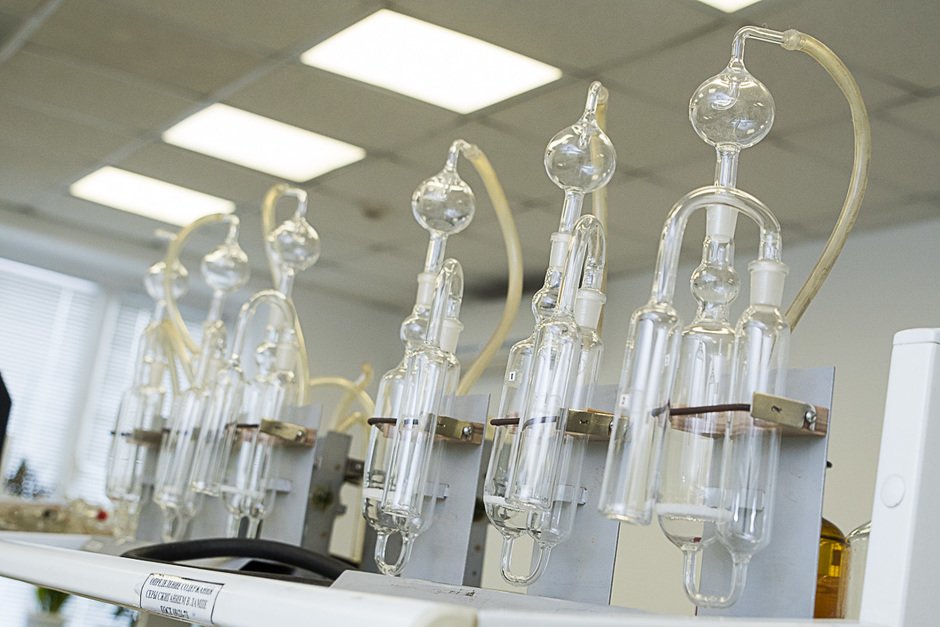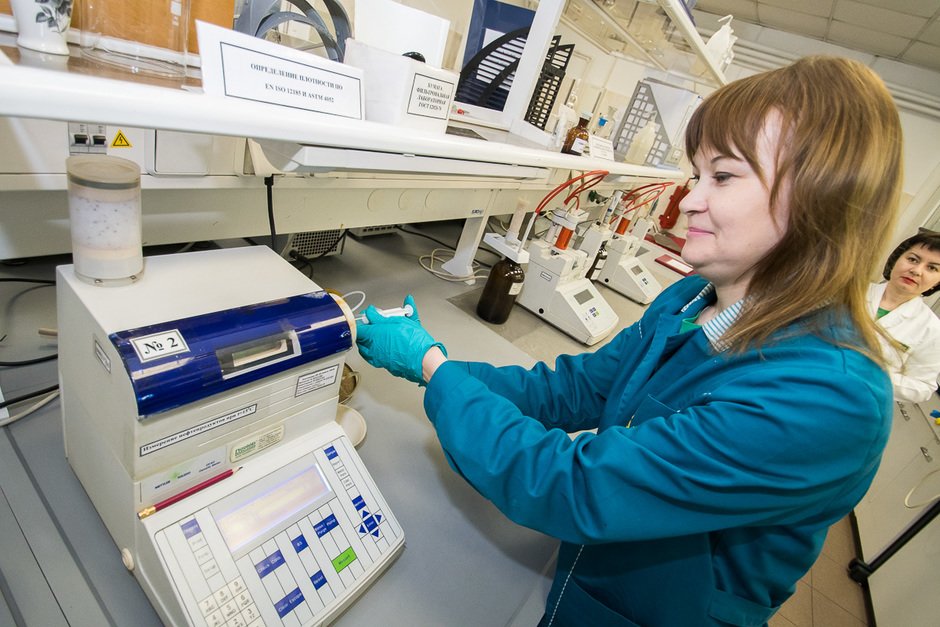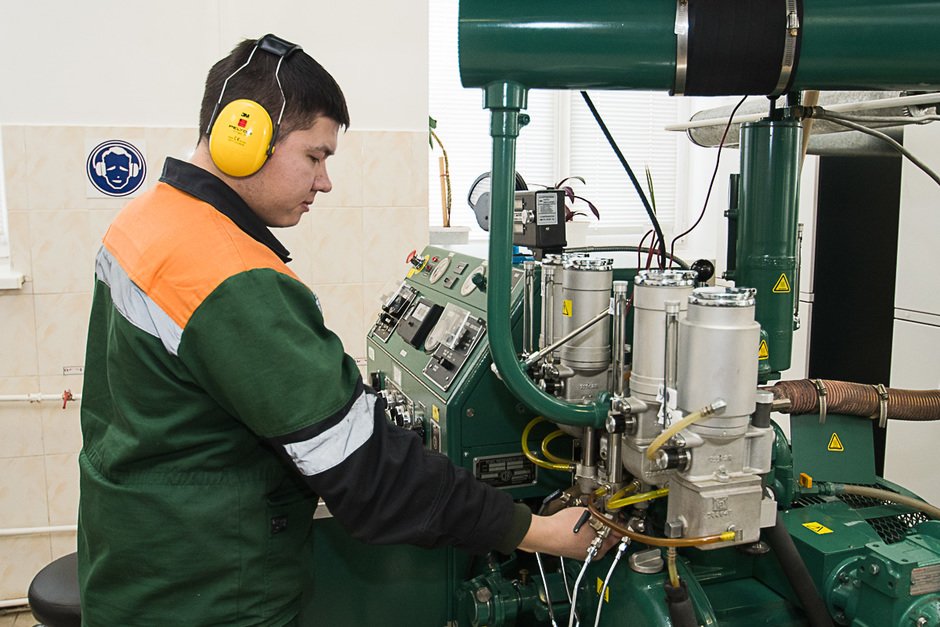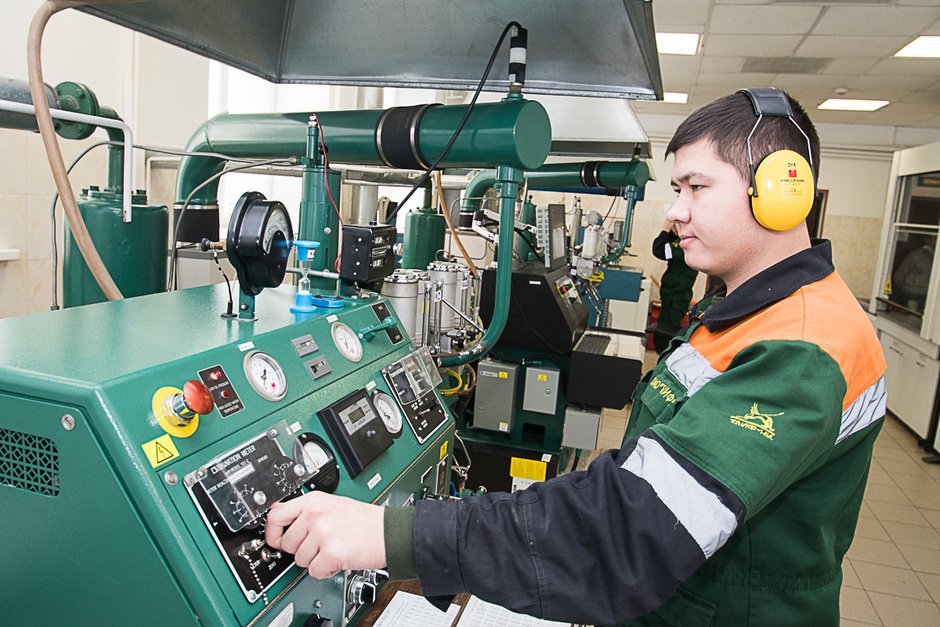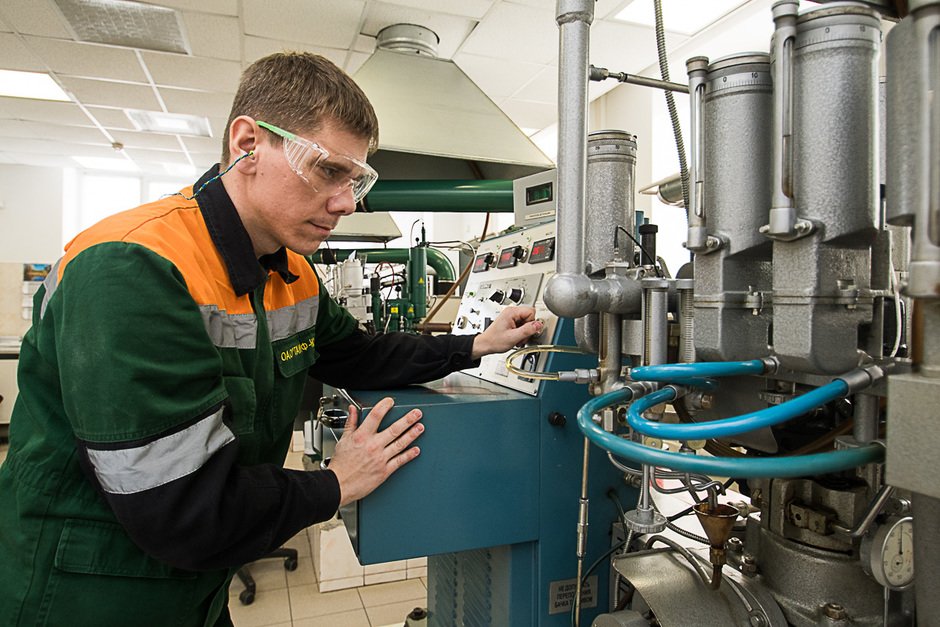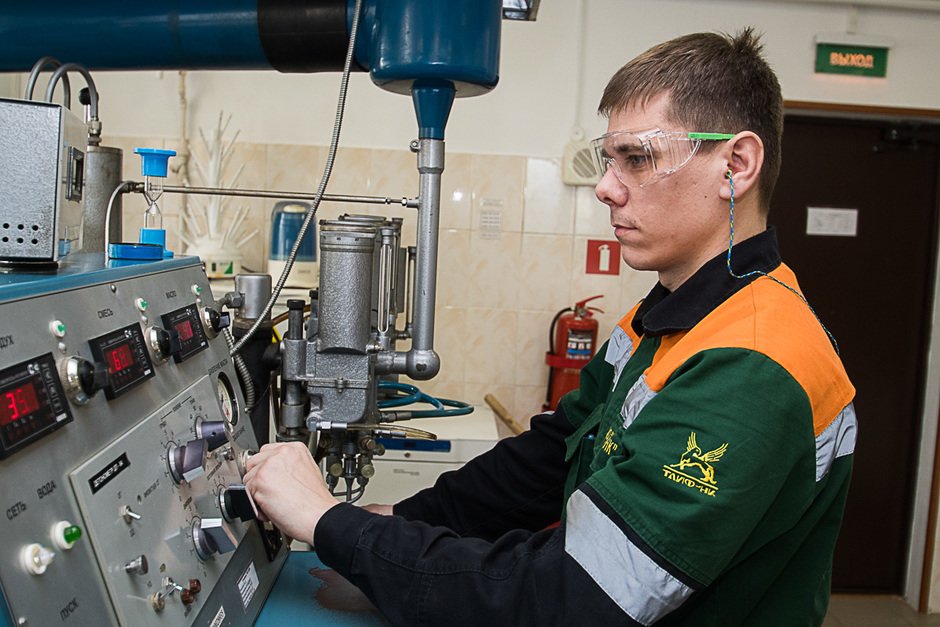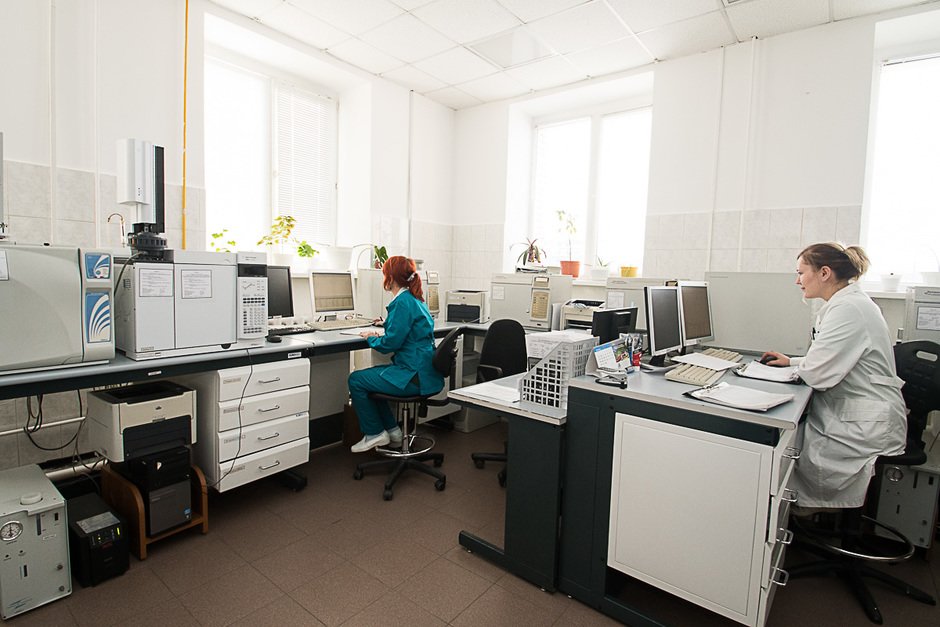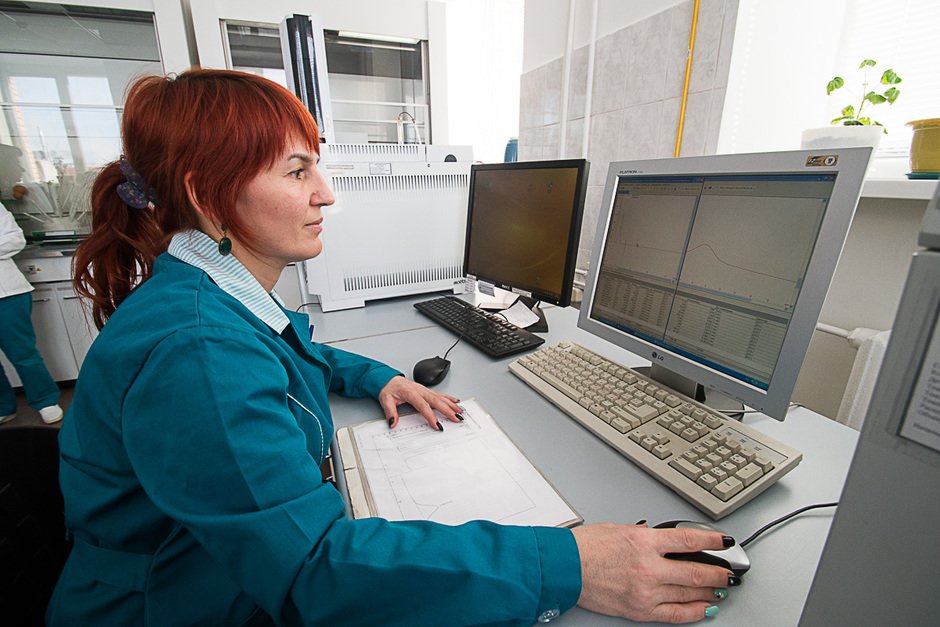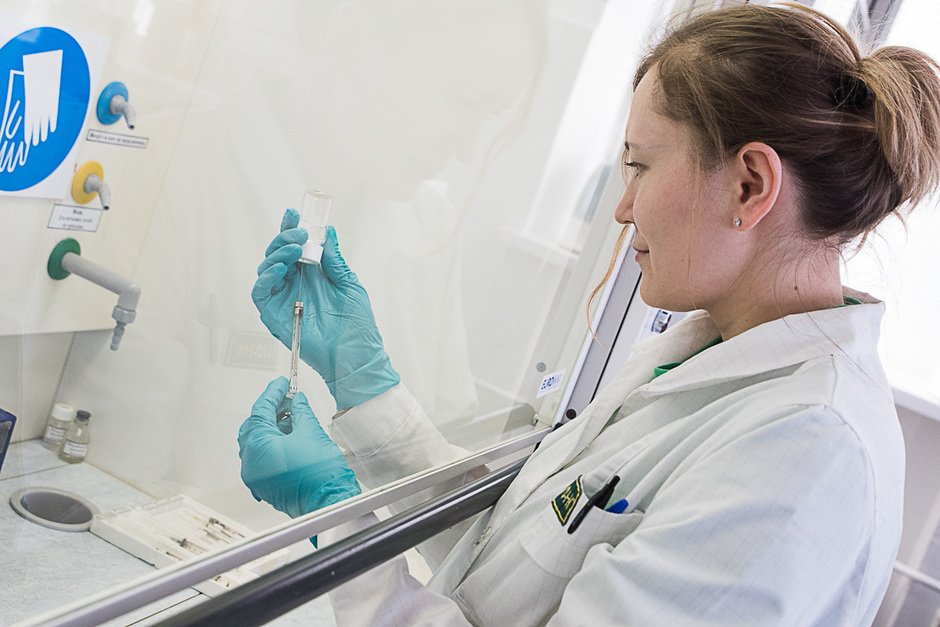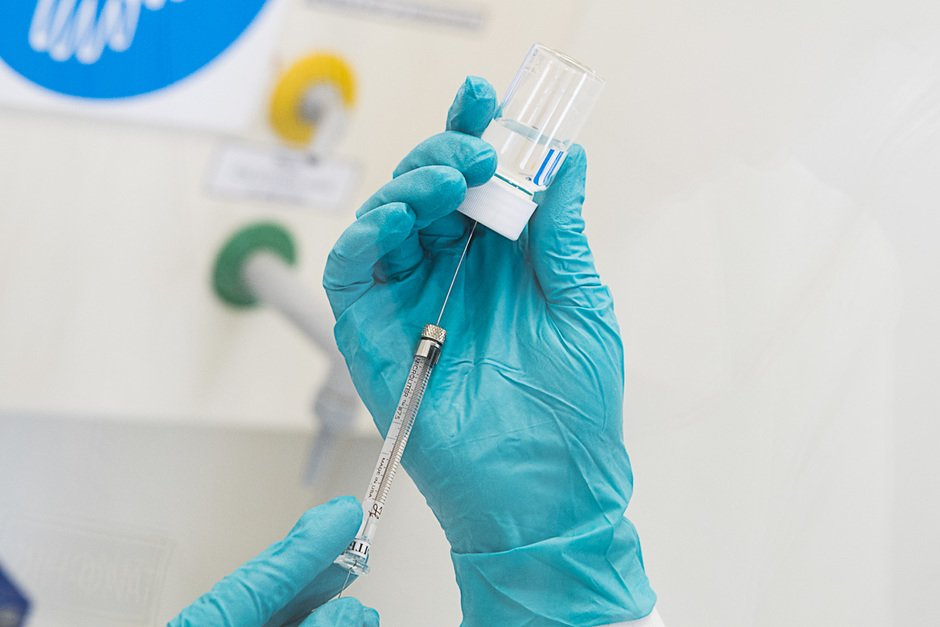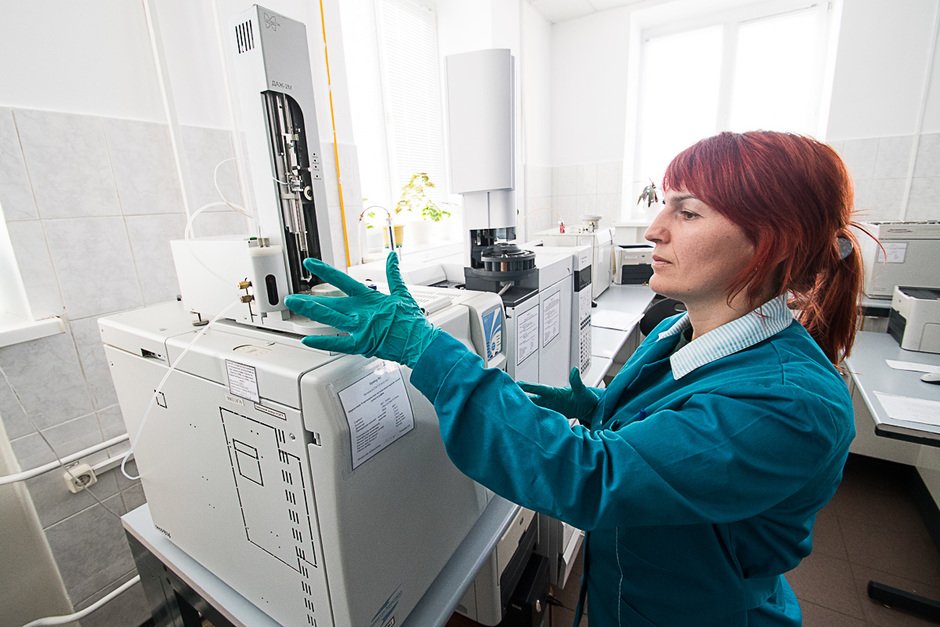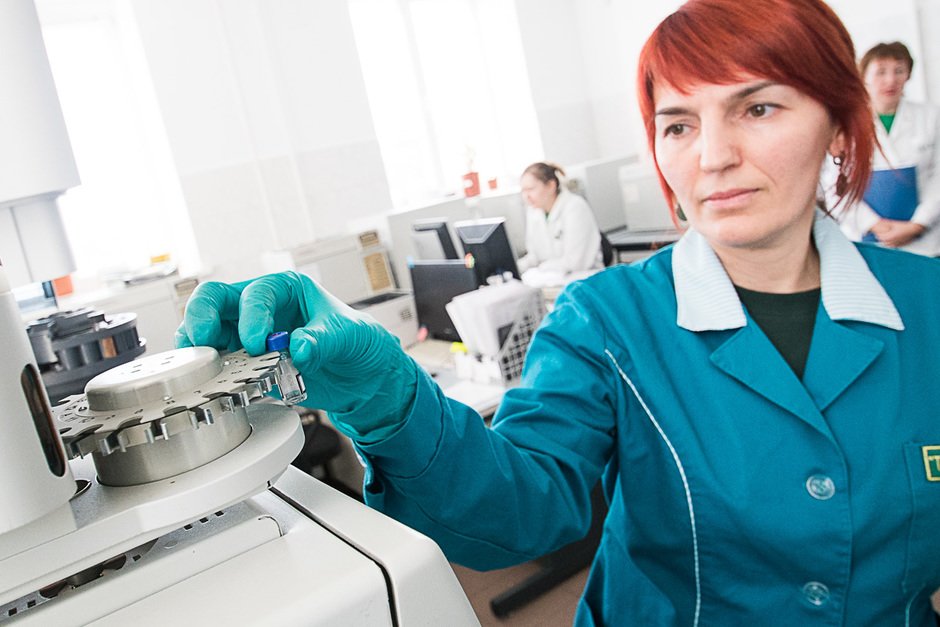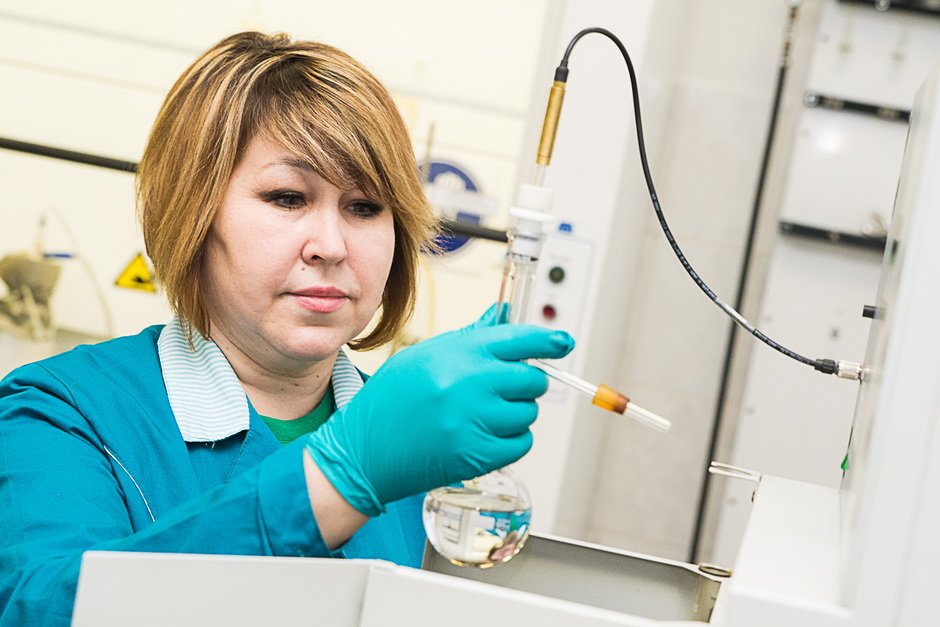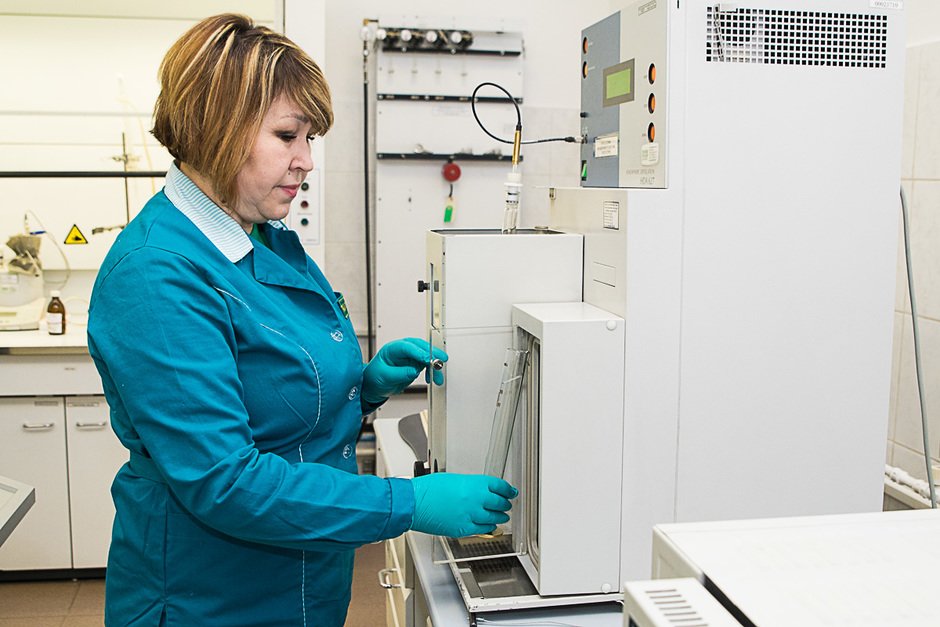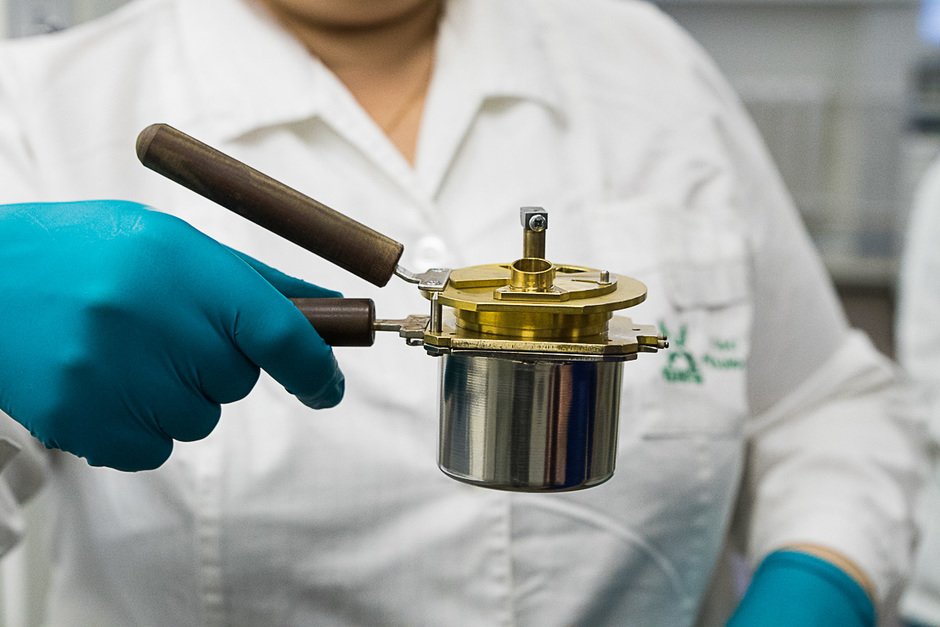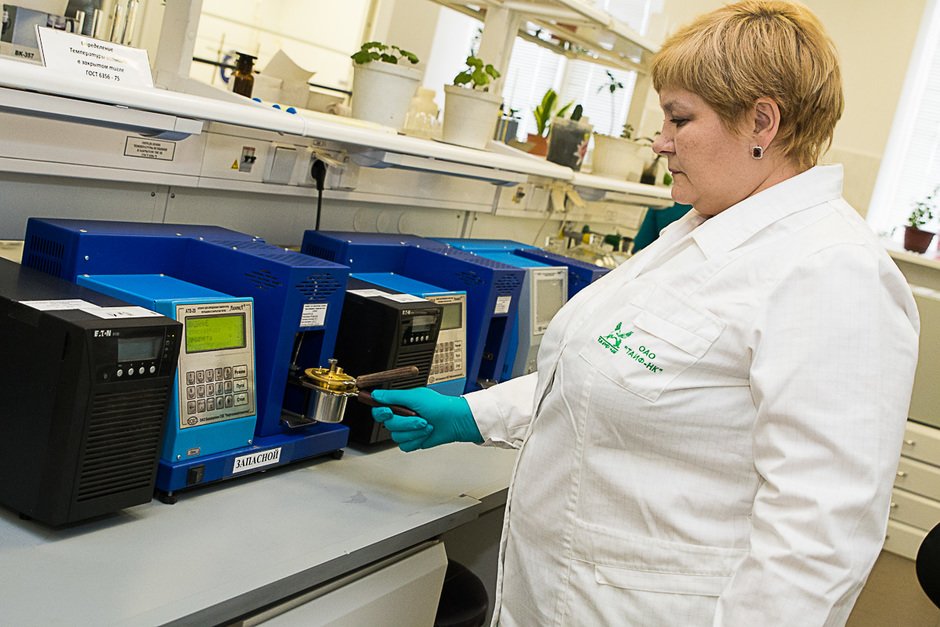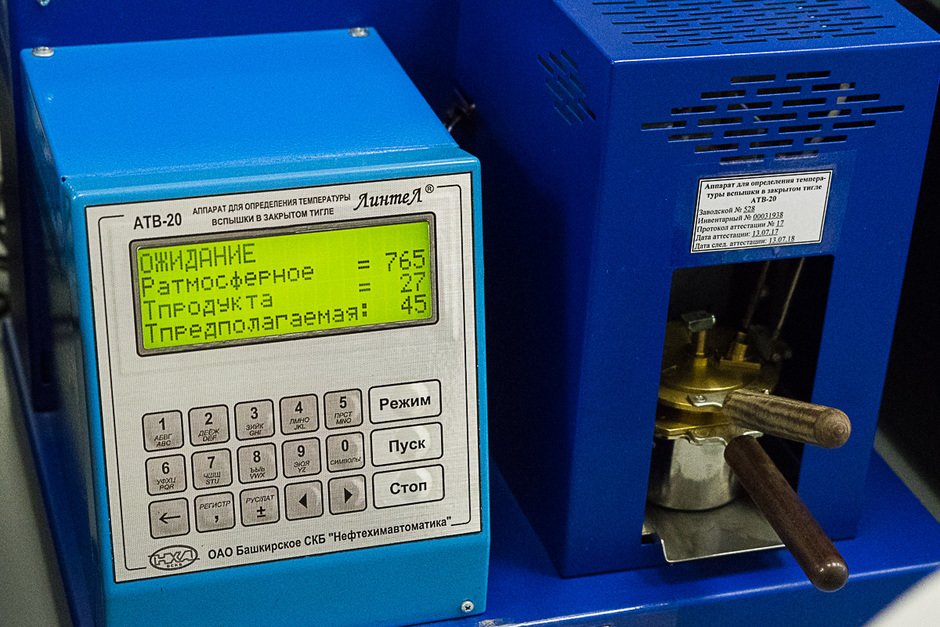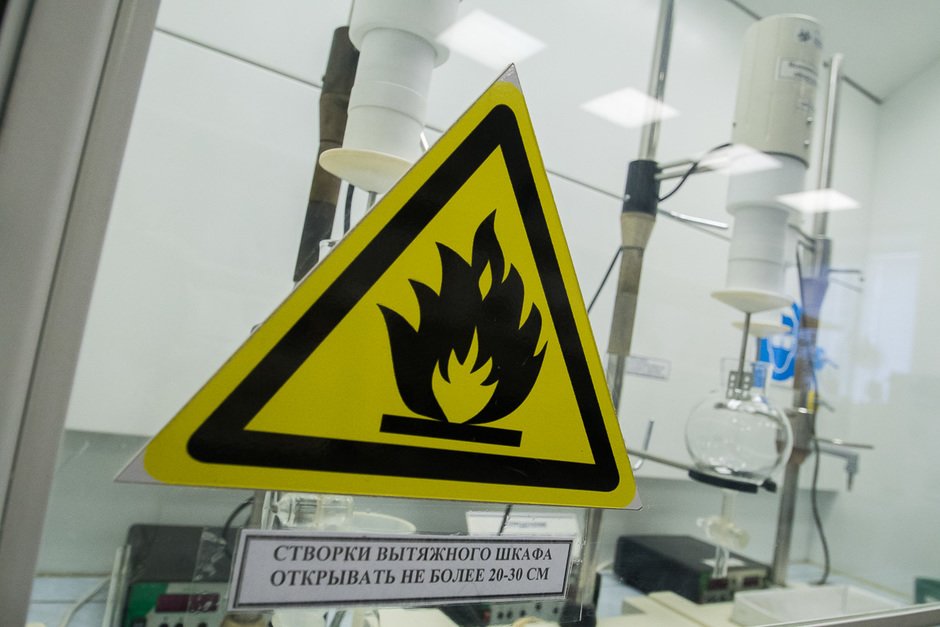Testing laboratory at TAIF-NK gasoline plant: how they check the quality of fuel
More than 40,000 samples of petroleum products are tested in the gasoline plant's testing laboratory a year. All finished products — automotive gasoline, straight-run gasoline, kerosene – pass through the laboratory. Commercial gasoline is distributed among many filling stations in the Tatarstan Republic from the plant in Nizhnekamsk. About how they monitor the quality of fuel that people fill in the tanks — read in the material of Realnoe Vremya.
The whole process of gasoline preparation is under strict control
Each plant of TAIF-NK has a testing laboratory for quality control of raw materials and finished products. Thanks to the support of Director General of TAIF-NK PSC Rushan Shamgunov, all the laboratories are equipped with the latest technology and regularly become winners of regional competitions. Outsiders are not allowed to see how the quality of fuel is checked, but they made an exception for our online newspaper and showed how the testing laboratory at the gasoline plant works.
A small two-storey building on the territory of the quality control plant — it is here the commercial gasoline is checked, which is sent to filling stations of Tatarstan and neighbouring republics. To comply with the formula, experts keep the entire process of preparation of commercial gasoline under control and regularly take samples. When commercial gasoline is ready, laboratory technicians do the product analysis again.
''If commercial gasoline is prepared for shipment, at least five litres of gasoline are required for analysis. Four litres are needed for testing, one litre – to close the retained sample,'' explains head of the laboratory at the gasoline plant of TAIF-NK PSC Olga Kalacheva.
The complete analysis of each batch of gasoline takes about eight hours
The quality of gasoline is checked by 18 indicators, among them — tests on octane number, mass fraction of sulphur, the content of metals. On average, the full analysis takes at least eight hours.
''The production was launched in 2005, and we have an extensive experience. It does not happen that gasoline does not meet the standards, as we monitor the entire process of preparation. We are engaged in the shipment of finished products, the customers are issued the passports of the products, with which gasoline is sent to filling stations,'' continues Olga Kalacheva.
Most tests are carried out on motor gasolines, but laboratory technicians also check the quality of raw materials, intermediate semi-finished products and finished products.
''We have the incoming raw materials control — of gas condensate and vacuum gas oil. Gas condensate is used to produce diesel and kerosene fractions, mazut, propane-butane fraction, straight-run gasoline. We have the accreditation certificate, the accreditation includes not only automotive gasoline, but also natural stable gas, straight-run gasoline, diesel fuel, kerosene for technical purposes, technical export kerosene,'' says head of the laboratory of the gasoline plant at TAIF-NK Olga Kalacheva.
The testing laboratory is equipped with the latest technology
The testing laboratory operates around the clock to ensure continuous receipt of raw materials and shipment of products. It is located on two production sites — the production No. 1 and the production No. 2. In 2005, it was opened the laboratory of the production No. 1 — for carrying out tests of vacuum gasoil, catalytically cracked gasoline, automobile gasoline, liquefied gases. A little later, in 2006, the laboratory of the production No. 2 was launched for testing gas condensate, straight-run gasoline, natural stable gas, diesel fuel, mazut, kerosene; and in 2008, the methods of control of high-octane number components — MTBE, TAME — were additionally mastered.
To date, the staff consists of 88 people who work in shifts. To obtain accurate results, all studies are carried out using the equipment of leading Russian and international manufacturers. For example, they apply chromatographic methods of analysis. The chromatograph is inserted with the sample of gasoline, the device measures all the necessary parameters, and the data is displayed on the monitor, where a laboratory technician of chemical analysis processes, calculates the chromatogram and gives the test result.
The laboratory is constantly equipped to conduct research. Thanks to Director General of TAIF-NK PSC, Rushan Shamgunov, TAIF-NK has become the first enterprise in Tatarstan that completely switched to the production of Euro 5 standard: since June 2016, the testing laboratory has begun to monitor the quality of gasoline of the brands Regular-92, Premium Euro-95 of Euro 5 emission standard.
The testing laboratory of the gasoline plant conducts the analysis of 42,000 samples of oil products by 140,000 indicators a year. No complaints to the quality of the products have been received over the time of its work.
